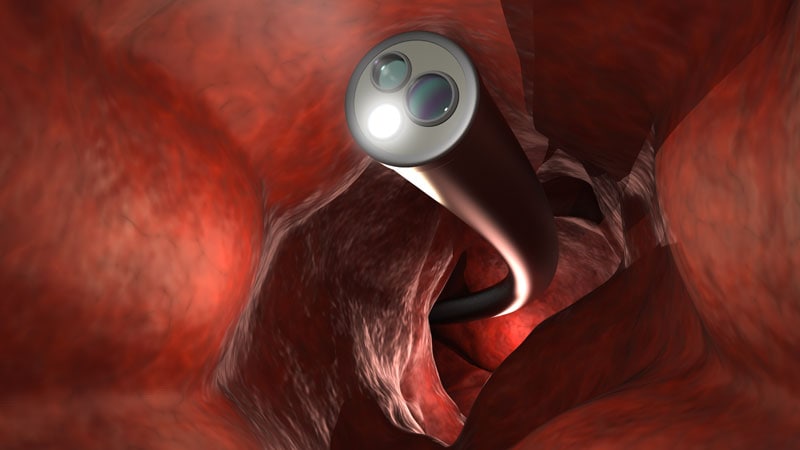Northerner
Admin (Retired)
- Relationship to Diabetes
- Type 1
More than one quarter of colonoscopies carried out in Americans aged 30 to 49 years reveal some type of neoplasm, and slightly over 6% of these patients have advanced cancer, results of a nationally representative endoscopic registry show.
"This is the largest study to date that has looked at the prevalence of what you find at colonoscopy in people younger than the age of 50," Steven Itzkowitz, MD, professor of medicine, oncological sciences, and medical education, Icahn School of Medicine at Mount Sinai, in New York City, told Medscape Medical News.
"And the point is that our data do justify lowering the new screening age to 45 — we like to say 45 is the new 50 — and physicians need to start talking to patients before they reach the age of 45, because people procrastinate before they actually come in for screening," he added.
The study was jointly carried out by the Icahn School of Medicine at Mount Sinai and AMSURG, a division of Envision Healthcare, and was presented during the Digestive Disease Week (DDW) 2021 virtual scientific meeting.

 www.medscape.com
www.medscape.com
"This is the largest study to date that has looked at the prevalence of what you find at colonoscopy in people younger than the age of 50," Steven Itzkowitz, MD, professor of medicine, oncological sciences, and medical education, Icahn School of Medicine at Mount Sinai, in New York City, told Medscape Medical News.
"And the point is that our data do justify lowering the new screening age to 45 — we like to say 45 is the new 50 — and physicians need to start talking to patients before they reach the age of 45, because people procrastinate before they actually come in for screening," he added.
The study was jointly carried out by the Icahn School of Medicine at Mount Sinai and AMSURG, a division of Envision Healthcare, and was presented during the Digestive Disease Week (DDW) 2021 virtual scientific meeting.

One Quarter of 30–49-Year-Olds Have Abnormal Colonoscopy Results
The largest study to date has found that more than a quarter of colonoscopies for individuals aged 30 to 49 years reveal some type of neoplasm, and about 6% show advanced cancer.
